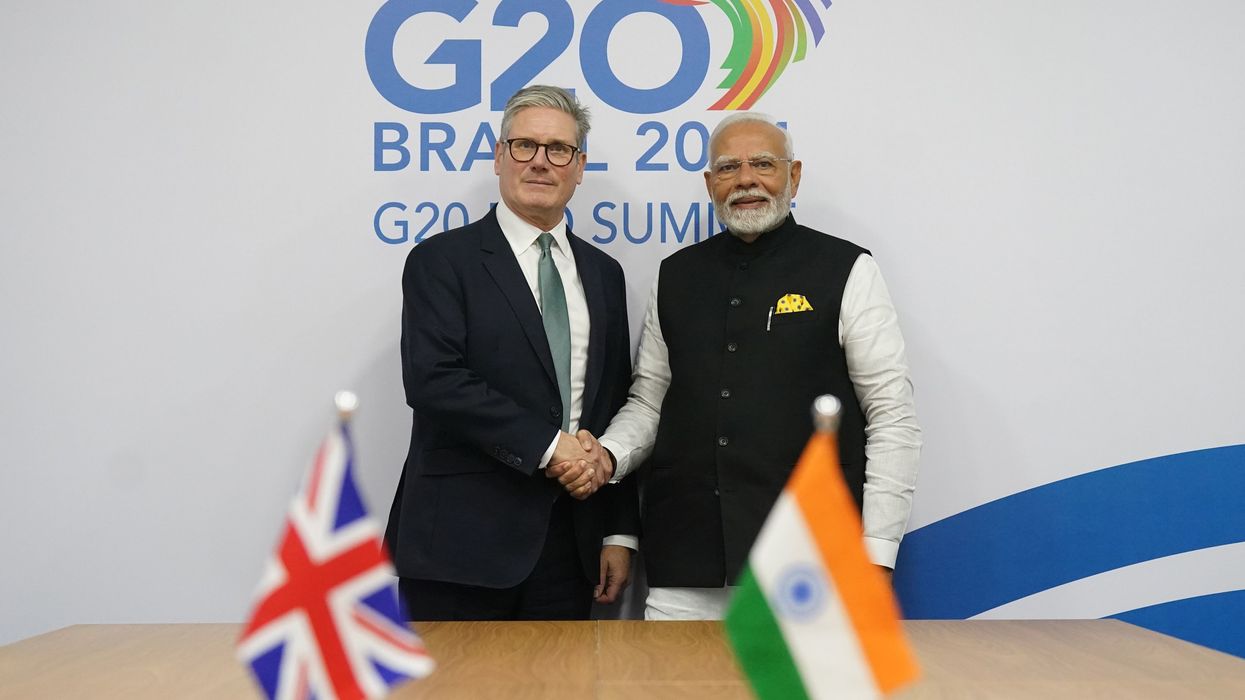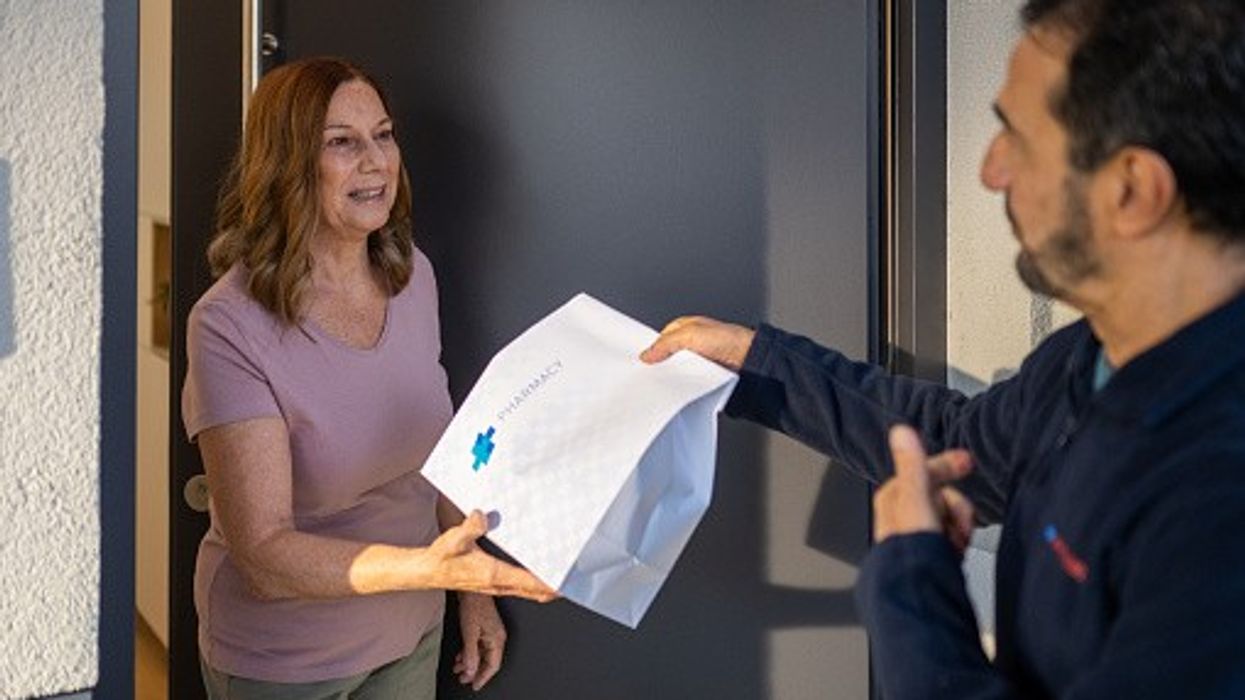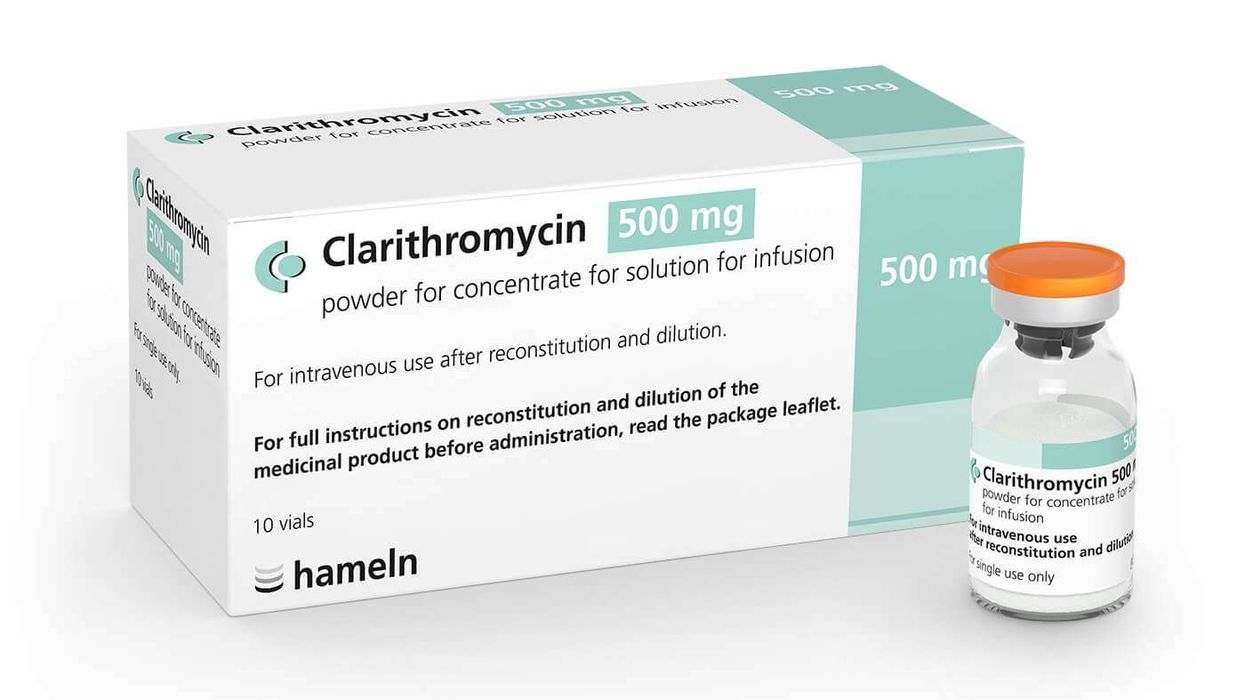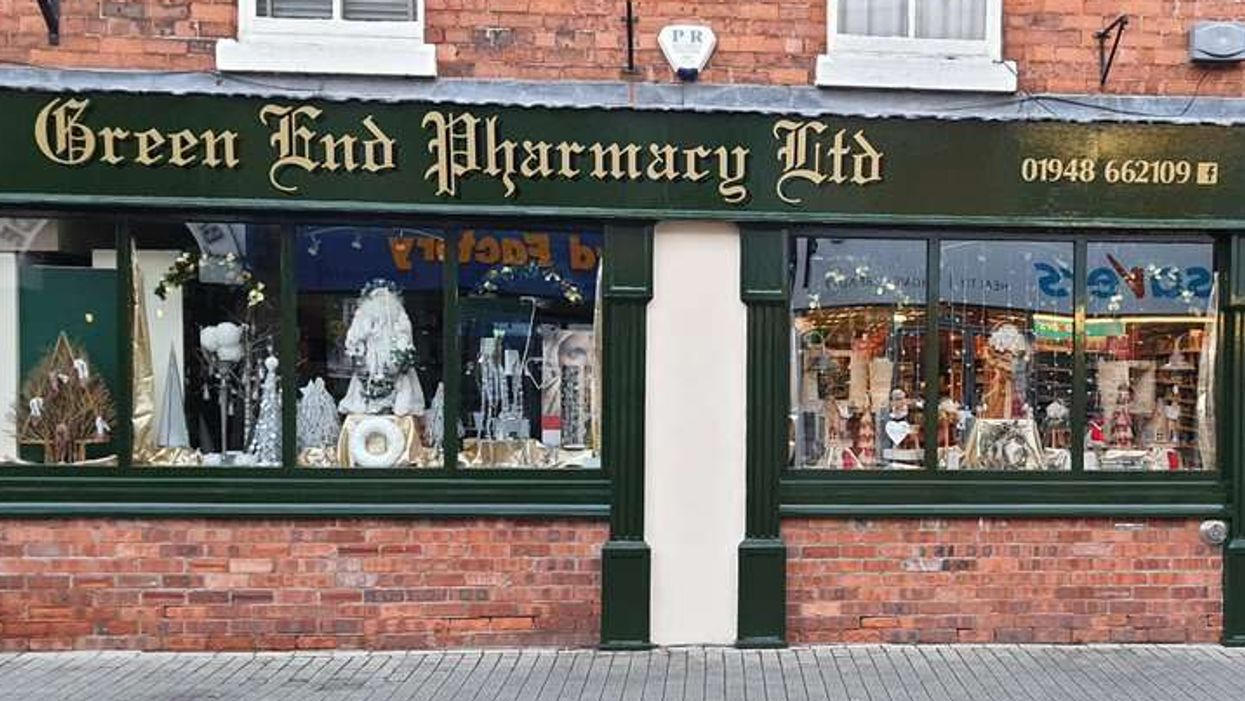By Dineshwori Longjam
The historic Free Trade Agreement (FTA) between India and the UK is expected to offer substantial benefits to British generic medicine manufacturers.
The landmark agreement was signed on May 6, marking the conclusion of negotiations that began in January 2022. It is anticipated to boost bilateral trade by £25.5 billion, add £4.8 billion a year to the economy and boost wages by £2.2 billion every year in the long run, according to the UK government.
Under the FTA, the UK will eliminate tariffs on around 99% of Indian goods. In return, India will reduce import duties on 90% of UK goods, including medical devices, with 85% of these becoming fully duty-free within 10 years.
Mark Samuels, chief executive of Medicines UK (formerly known as British Generic Manufacturers Association (BGMA), told Pharmacy Business that the association has been a consistent supporter of the India-UK trade agreement negotiations as they see “several benefits for the off-patent sector.”
He explained: “India is crucial to the global economy as a sizeable manufacturer with an educated workforce, an international diaspora, as well as a growing domestic market.”
“And given the UK’s shared history, cultural, and business ties with the country, efforts to secure a mutually beneficial bilateral partnership seem very logical from our perspective.”

The UK’s off-patent sector already contributes £4 billion to the national economy annually, with a significant proportion of this built on trade with India.
“Nearly a third of our members are headquartered in India, while others have manufacturing bases or contract supplies from the country,” Samuel elaborated.
“Four out of every five prescription drugs used by the NHS are generic medicines - and around one-third of them come from India.”
“Additionally, approximately 50% of the active pharmaceutical ingredients used in all generic medicines are produced there, and consequently, UK manufacturers heavily rely on Indian raw materials.”
“Given our industry’s deep linkage and mutual dependency with India, a UK-India trade agreement presents an opportunity to further enhance the efficiency and resilience of our NHS supply chain,” he added.
However, he emphasised the importance of safeguarding the NHS and medicine pricing, in line with commitments made by the previous government.
“We hope that any new agreement builds on the flow of trade between India and the UK, which is highly evident in the generic and biosimilar manufacturing and supply.
“The previous government made a clear manifesto assurance that the NHS, its services, and the cost of medicines would not be on the table for any free trade agreement, and we firmly believe that this needs to be respected not just in negotiations with India, but in any forthcoming trade discussions.”
What Medicines UK expects from the deal
Samuels outlined several key areas that the trade body would like to see addressed in the FTA with India, highlighting their potential to benefit both patients and the pharmaceutical industry.
- Regulation and regulatory standards
“Ultimately, we would like to see regulators adopt a ‘do it once’ initiative, whereby licensing decisions, scientific advice, inspections, and batch testing are conducted by one regulator to a high standard.”
“Other regulators would accept this work, provided high standards are maintained.”
This model, he noted, would streamline the global supply of medicines, making it more efficient and cost-effective.
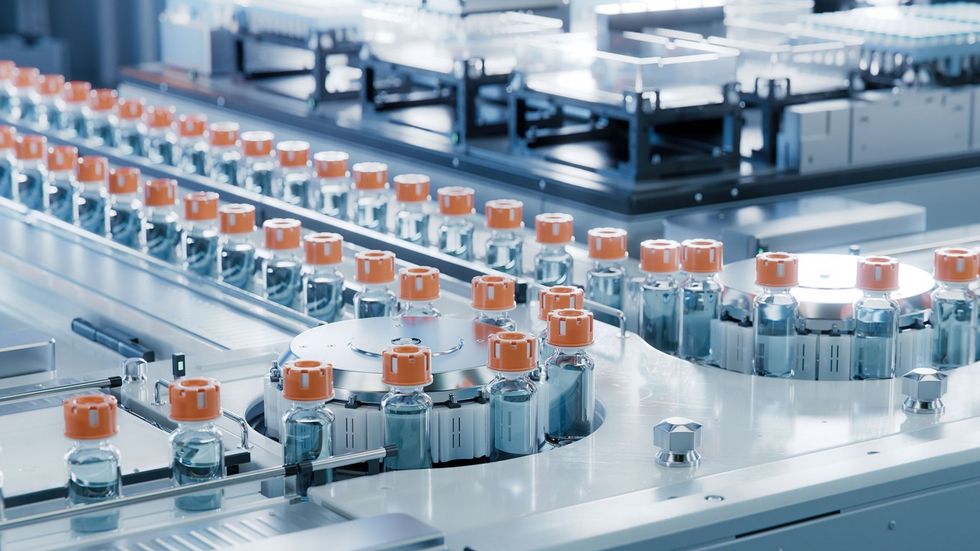
Medicines UK is also calling for India and the UK to agree on a regulatory cooperation pathway, with India encouraged to join international regulatory fora.
“The UK could provide support where it is helpful, and ultimately recognition. The mutual benefit around mutual recognition is clear if you go back to the high volume of medicine supplied from India.”
“For example, generic manufacturers could supply medicines to the NHS four weeks faster: if batch testing and release can take place in India and there is no need to perform it additionally in the UK.”
“Removing this duplication would make the supply to the NHS more nimble, resilient, and enable medicines to reach patients more quickly,” he added.
- Import and export blockages
The association believes the trade deal should aim to eliminate import and export blockages that cause delays in medicine supply.
Samuels said: “We would like to see the talks focus on removing unnecessary administration and reducing inefficiencies.”
“This could encompass a range of issues, including the approval of manufacturing and export licensing for controlled drugs, expedited raw material imports, harmonisation of units of measurement, and enhanced customs processes.”
Samuels also stressed the need to attract more Indian manufacturers to launch their products in the UK and make it a priority supply destination.
“This will be facilitated by the UK having an improved trading relationship with the EU, allowing Indian manufacturers to further benefit by using the UK as their European launchpad,” he said.
- Supply security during emergencies
Finally, given the NHS’s reliance on India for both medicines and active pharmaceutical ingredients (APIs), Medicines UK wants to see an explicit agreement on maintaining supplies in the event of a critical incident, such as another pandemic.
“This could support efforts to promote domestic manufacturing and the range of other policies that can add resilience to supply chains,” Samuels said.
How the FTA will impact medicine prices in the UK
“It’s difficult to predict, but with a focus on removing duplication and making supply chains more resilient and efficient, this should help the UK maintain its status as delivering the lowest medicine prices in Europe,” Samuels said.
Medicines shortages in the UK
For the past two years, medicines shortages have been at a comparative high point in the UK, with around 100 product lines facing issues, according to Medicines UK.
While this represents a small portion of the roughly 3,000 total products available, Samuels said, it still poses “a difficult situation for the patients impacted.”
He noted that most products in shortage were off-patent generics, which fulfil the vast majority of patient prescriptions.
“The picture is starting to improve, but is still higher than the same period two years ago,” he added.
Samuels pointed to the UK's diminishing appeal as a supply destination as a key factor.
“In a post-Brexit world, the UK must compete for limited global allocations of stock. Therefore, the operating environment must be conducive for generic manufacturers, or international companies will make rational decisions to prioritise supplies elsewhere.”
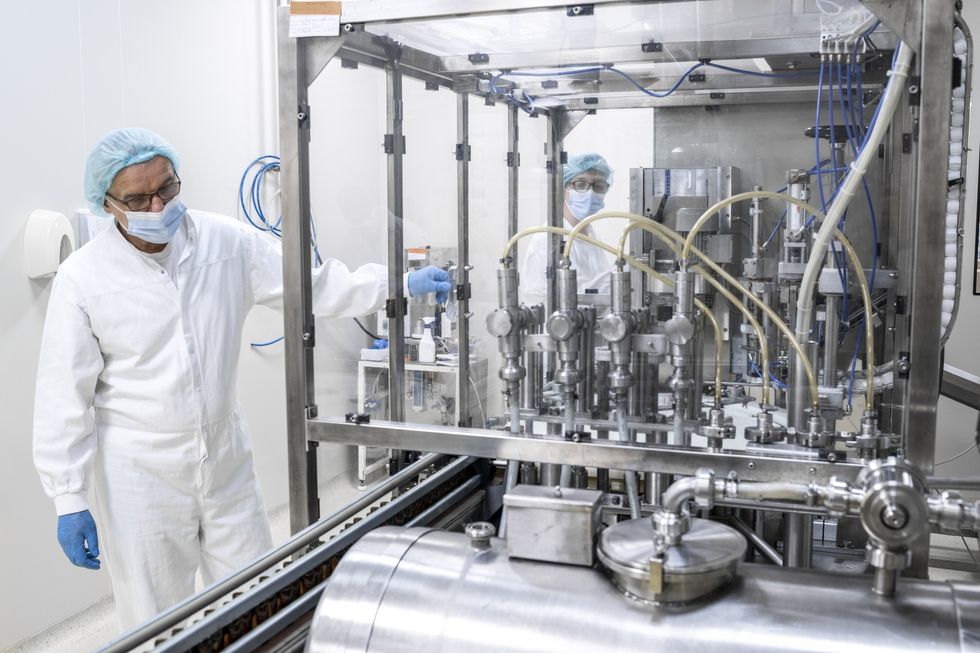
He cited issues that have made the UK a less attractive place to supply in recent times, including MHRA licensing delays, which have now been improved, and the impact of historically high and highly variable government rebate rates for branded products, such as biosimilars.
Samuels welcomed the 2024 Voluntary Scheme for Branded Medicines Pricing, Access and Growth (VPAG), which recognised the effect of competition on prices and the need for a lower differentiated rebate rate for patent-expired medicines compared to patented products.
The VPAG payment rate for newer medicines has been set at 22.9 % —described by the Association of the British Pharmaceutical Industry (ABPI) as “the highest-ever level.”
The ABPI noted that the industry will be required to pay around £3.4 billion to the government in 2025—more than the total paid over the entire five-year VPAG scheme between 2014 and 2018.
Currently, the levy rate for branded older, patent-expired medicines, such as branded generics or biosimilars, is 10% of NHS sales of these products, provided companies are supplying with a significant discount based on what the originator price was pre-patent expiry.
Where significant discounting is not offered, the clawback on older medicine sales goes up to 35%, according to Medicines UK.
Asked whether the FTA would help reduce shortages, Samuels said: “We hope that an agreement can serve as the basis for supporting even more Indian-based companies that look to the UK as a location for investment and a priority market for supply.”
“Increased competition promotes better market resilience and fewer numbers of supply issues.”
Samuels is confident that the FTA could open up even more global opportunities for UK-based manufacturers.
“There are already many examples of UK-based manufacturers importing medicines abroad, particularly in niche disease areas or specialised products.
“Amplification of this could undoubtedly occur through a positive free trade agreement with India.”
Strengthening UK-India relationships
Noting that there is a genuine opportunity to build on the already close links between the off-patent medicines sectors in the UK and India, Samuels hopes that the FTA will deepen those relationships, benefiting both the NHS and patients.
UK-India trade deal lacks IP protections
However, the Association of the British Pharmaceutical Industry (ABPI) has expressed disappointment that the deal fails to address longstanding industry concerns about intellectual property (IP) protections for UK life science innovators within the Indian market, particularly the need for regulatory data protection.
“This will prevent our sector from realising the true potential of this deal,” the organisation stated.
In response to the news, Richard Torbett, chief executive of ABPI, said: “As one of the UK’s largest exporting sectors, it’s disappointing that this deal seemingly won’t support the UK’s growth ambitions for pharmaceuticals.
“Robust intellectual property protections are fundamental for the innovation our companies deliver, but we believe an opportunity has been missed by the UK to demonstrate a commitment to high IP standards for our sector in this agreement.
“We urge the government to use ongoing negotiations with other key trading partners, including the EU, US, and Switzerland, to deliver agreements that better support Britain’s pharmaceutical industry.”








